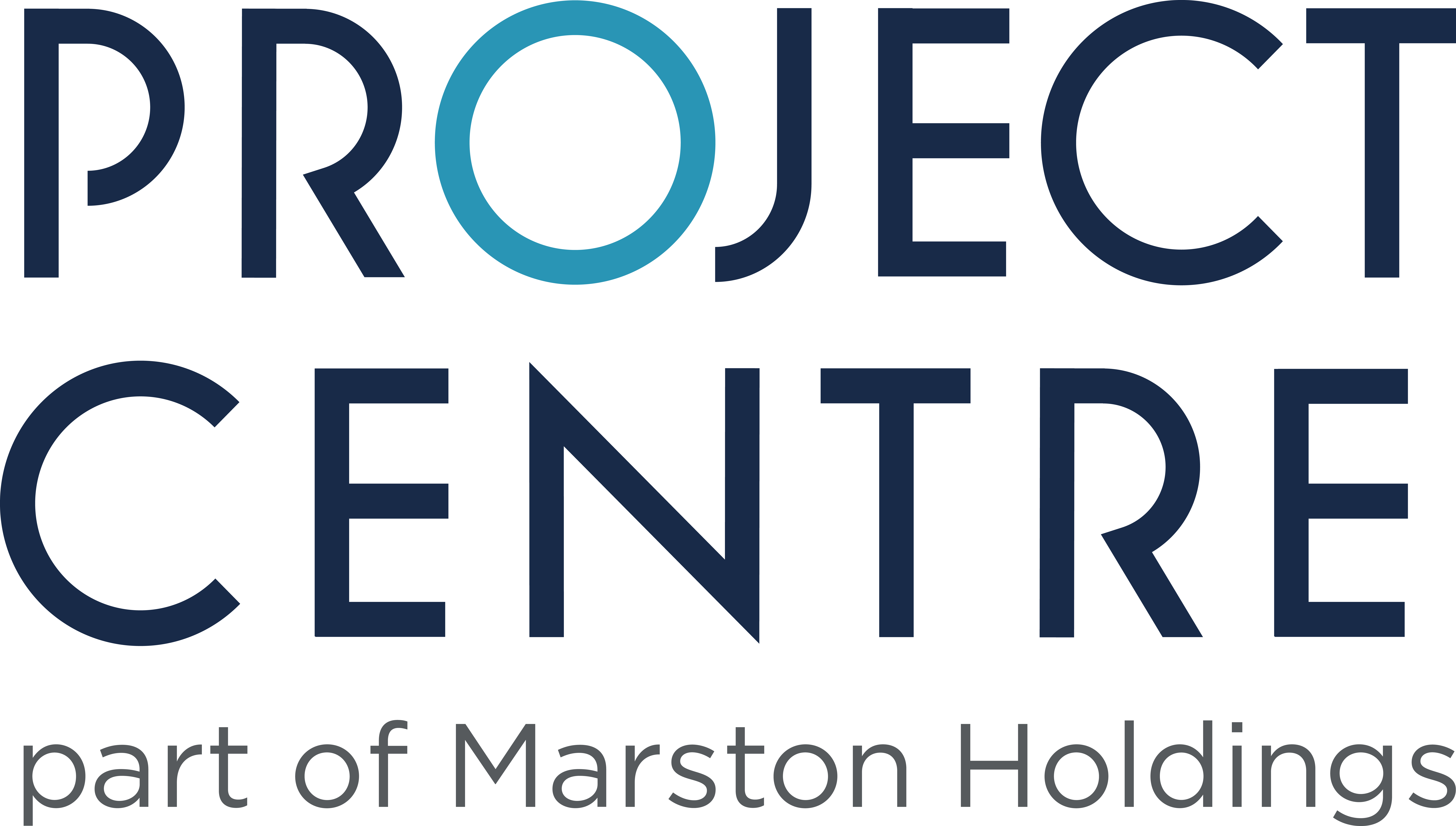The latest Landor Traffic + Parking Conference in Manchester shed light around the importance of designing, communicating and implementing sustainable road measures across the country. Managing traffic and parking infrastructure and policies is essential for local authorities, as these should provide safe and equitable access to all services across the borough.
In most cases, this includes reviewing traffic and parking policies and getting the community involved in the process to enable real behaviour changes.
The topics and sessions

Our multidisciplinary team attended the conference, as it was a great opportunity to discuss and share innovative ideas on better traffic and parking management. The sessions hosted multiple industry experts, from senior parking managers and directors to transport planners and traffic engineers. The discussions focussed on key industry topics such as:
- Managing access to the kerbside
- Designing and delivering clean air schemes
- Accessible parking
- The evolution of electric vehicles
- The future of cars in towns and cities and how to get communities on board for behaviour change
Our team mainly focussed their discussion on the last point. Consulting the community on parking proposals is notoriously challenging for local authorities, as it’s touching people’s connection to their cars and what is for them the easiest way to move around their lived area. Consultation strategies that work for both the community and local authorities should focus more on a holistic approach, that is not just pointing at reducing cars but provides sustainable alternatives to these.
Project Centre has a long history of working with local authorities and private sector clients to provide public consultation and tailored measures for parking and traffic strategies. For Lewisham Council, we’ve developed a Sustainable Streets programme that looks at the streets as a transport hub for pedestrians and cyclists. For the City of Edinburgh Council, we’ve designed parking and road measures that help creating a more sustainable environment for active travel.
Constructing consultations that inform good decision-making and design
Our Head of Communication and Engagement, Steph Bortoli, presented at the conference during the session “delivering smarter parking”. Her presentation was around consultation data and how to ensure this plays a key role in evidence-based decision making on parking projects and policies.
In January 2023, Project Centre launched their first consultation for the London Borough of Lewisham’s Sustainable Streets programme. The programme reimagined streets across the borough to reduce congestion as well as improve road safety and create an attractive space for people to walk, cycle and socialise. Our designs included measures such as:
- Better uses of road space and pavements
- Introduction of more trees, secure cycle stands and electric vehicle charging points
- Road safety measures
- On-street parking management, including the introduction of Controlled Parking Zones (CPZ) – CPZ were a key point of our design proposal and consultation, as they are a powerful tool to discourage traffic and short car journeys
Consultations challenges and opportunities
One of the problems we often see in parking and traffic consultations is that the communication is only directed at drivers, often at the detriment of engaging the whole community and therefore failing to create a real behaviour change.
The next key consultation point is about capturing the right information. When it comes to CPZs, we want to weight responses from people within the affected area, as the measures have a strong impact on them. Asking for household addresses also helps us get a better insight into localised issues.

The image above is response mapping of a CPZ review, with the larger dots showing higher response rates. Our engagement team starts response mapping from day one of our consultations, to understand where we’re not receiving enough responses and to target intervention that also get those residents involved in the process. This includes implementing additional on-street communication, such as banners, letters, and door-knocking, as well as more targeted digital reach.
Our team works extensively with giving people prompts on practical issues they may be experiencing, such as struggling to get parking near their houses or businesses or feeling unsafe due to traffic congestion or pavement parking. In our consultations, we also use mapping platforms, such as Commonplace, which enable the community to see what their neighbours are saying about parking changes through interactive insights maps. These help them to reflect on different issues as well as sharing opinions on these.
By implementing an inclusive and accessible consultation strategy, we averaged a 32% response rate in Lewisham Council, which in some areas went up to almost 60%. Through utilising PowerBI, we found success with presenting drawings and visualisations to communities and clients as well as analysing available data to increase response rates and support local authorities in their decision process.
The below images were developed with PowerBI analytics. The image on the right represents all the CPZs we consulted on, and the larger those circles are, the higher were the response rates. The image on the left shows the total “yes and no” responses to proposed measures, which is a very readable mapping of whether the community is supporting these changes.
Our team aims to get as many people as possible involved in the engagement process, giving them a sense of ownership as well as boosting local authorities’ confidence to make informed and data-driven decisions.
Consulting through data and technology is increasing our response rates as well as the overall effectiveness of our schemes.






